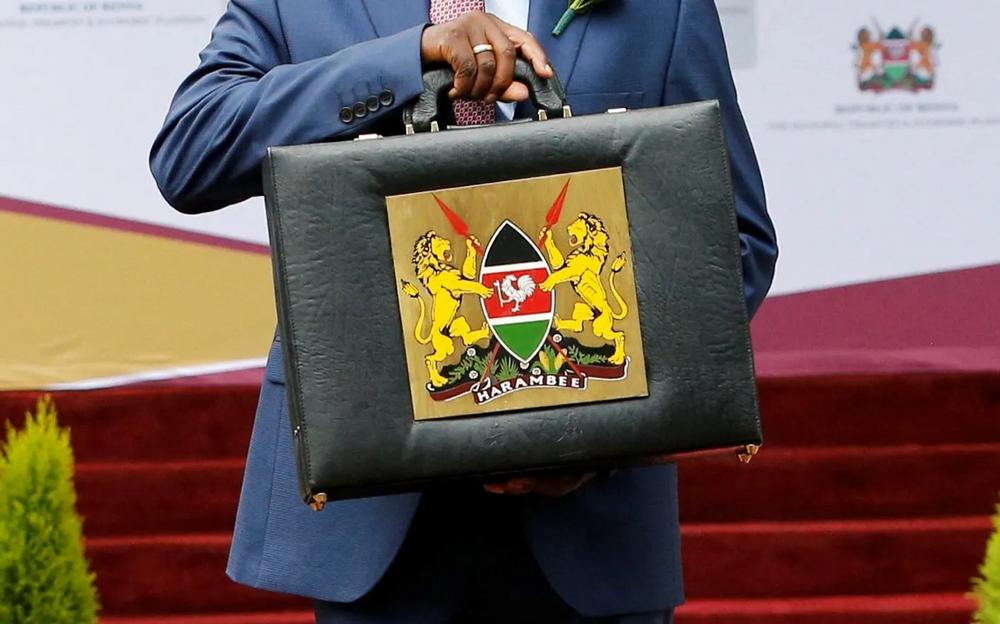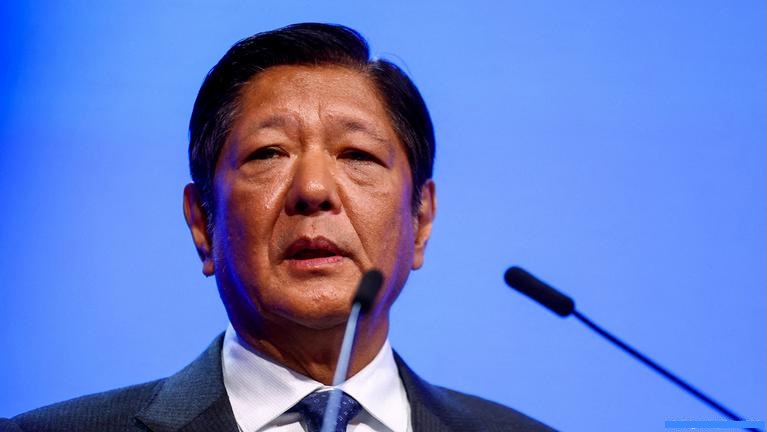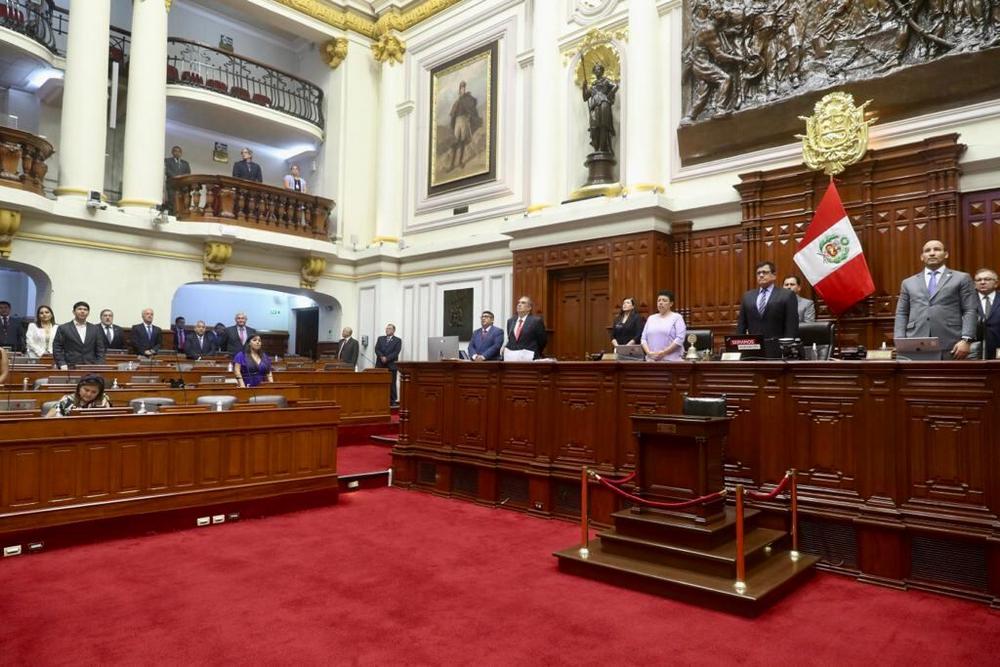The Philippines has taken a major step toward reinforcing judicial independence with the signing of the Judiciary Fiscal Autonomy Act (Republic Act No. 12233) by President Ferdinand R. Marcos Jr. The new legislation guarantees that the judiciary’s annual budget cannot be reduced below the previous year’s allocation and must be automatically released once approved by Congress.
Under the law, the judiciary’s proposed budget, submitted through the Department of Budget and Management, will be included in the national budget without reductions—except for clearly itemized adjustments. This move eliminates a long-standing vulnerability where budget delays or cuts could undermine court operations.

The law grants the Supreme Court greater flexibility in resource allocation. The Chief Justice, with the court en banc, can reassign funds to address urgent needs such as hiring additional staff, renovating courtrooms, or upgrading information systems.
Villar’s ₱1T Profit Boom Could Pave the Way for Gaming-Integrated Developments in the Philippines
Another key provision is the creation of a Judiciary Trust Fund, consolidating court-generated fees, deposits, and other income into a dedicated account managed by the Chief Justice and subject to post-audit by the Commission on Audit.

President Marcos emphasized that fiscal autonomy is essential to ensure that justice is administered “without fear, favor, or financial pressure.” Congressional leaders hailed the measure as a milestone in upholding the judiciary as a co-equal branch of government.
Legal analysts note that the law could improve case disposition rates, enhance transparency in spending, and strengthen public trust—especially in high-profile cases where impartiality is paramount. The Judiciary Fiscal Autonomy Act is expected to take effect immediately, reshaping how the Philippine justice system is funded and managed for years to come.







































